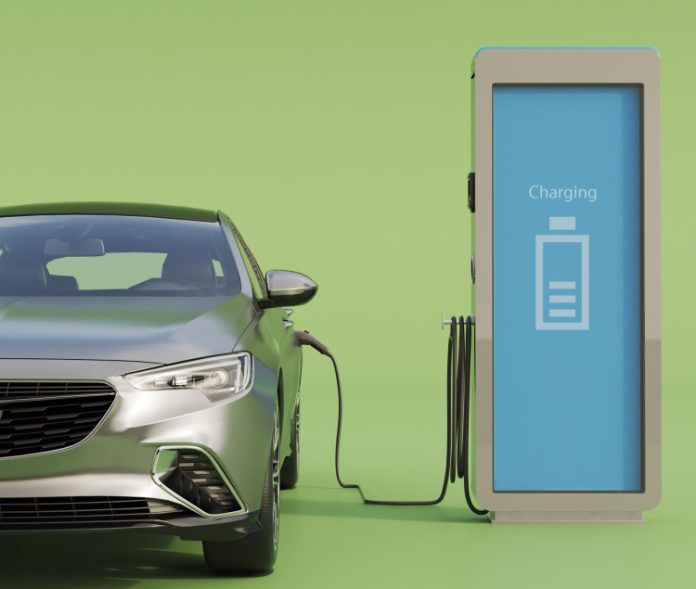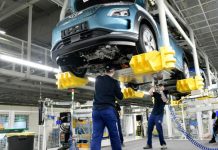
The EV market in Thailand is growing rapidly thanks largely to the government’s promotional packages to incentivise both car manufacturing and consumers, high fuel costs and increasing awareness about emissions from road-based transportation.
That’s good news for the country and the environment, but there are very real concerns among educational institutes and the auto industry at a widening skill gap.
As of July 2023, the Board of Investment (BOI) had granted promotional privileges to 23 projects with a total investment of over Bt75 billion.
There are currently 13 BEV (Battery Electric Vehicles), six HEV (Hybrid Electric Vehicles), six PHEV (Plug-in hybrid electric vehicles), and two battery electric bus projects.
In August, the number of registered EV cars was almost 60,000 units, a surge of 280% over the same period last year.
Speaking at a recent panel discussion on “Closing the Skill Gap in Thailand: Shifting Gears to Electric Vehicles”, organised by the Electric Vehicle Association of Thailand (EVAT), Asst. Prof. Uthane Supatti, head of the Power Electronics Applications And Energy Management (PEEM) Research Unit at Kasetsart university, and EVAT’s vice president for Academic and Human Development of the Electric Vehicle Association of Thailand, said that with Thailand aiming to become the EV hub of Southeast Asia, the industry needs workers with high skills in digital technology, smart vehicles, electronics, software, design and research and development.
“Thanks to the solid fundamentals of the automobile industry for over 50 years, this is a good opportunity for Thailand to create its own know-how. There is no need to make the whole vehicle, but Thai people have the potential to produce components such as battery packs, motors and the charging control system. This is why R&D is very important,” Dr. Uthane said.
Asst. Prof. Dr. Kichanon Ruangjiraki, a lecturer at The Department of Mechanical Engineering (Faculty Of Engineering), King Mongkut’s University of Technology Thonburi, agreed, saying that the next generation of mobility would be connected vehicles, autonomous vehicles, shared mobility, and electric vehicles.
Therefore, educational institutes are attempting to keep up with the rapidly changing technologies.
In addition to curriculum revision, the institutes have to work closely with automakers and related industries to provide learning on real cases. The big challenge is how they can produce a workforce that responds to the market needs.
Dr. Kichanon anticipates that universities will adjust the educational framework to support life-long learning skills. All universities, he says, will turn to use the module-based education model allowing graduates or industry workers to choose modules for their reskilling and upskilling.
Chih-Hao Huang, chief human resources officer for the SEA Region, Human Resource Division at Delta Electronics (Thailand), described the talent competence framework for the EV industry as being made up of technology, people skills, working with AI, and sustainable skills.
The focus must be not only on batteries but other types of technology including the integration system, software, IC chip, cruising scenario definition, design, functional space, autonomous features and charging infrastructure.
He suggested that those wanting to work in the EV industry needed self-awareness, cross-functional skills, as well as an ability in communications, teamwork and leadership. It was thus essential for workers to change their mindset and skillset in the transition from pure internal combustion engine (ICE) cars to HEV and EV cars.
Thailand should inspire potential workers so that they bring more resources, tech knowledge and talent to the Thai market.
“In order to attract talent to work in Thailand, we have to make them feel comfortable. Living conditions including infrastructure like public transportation systems, and education to support their kids are also crucial,” Huang added.






















